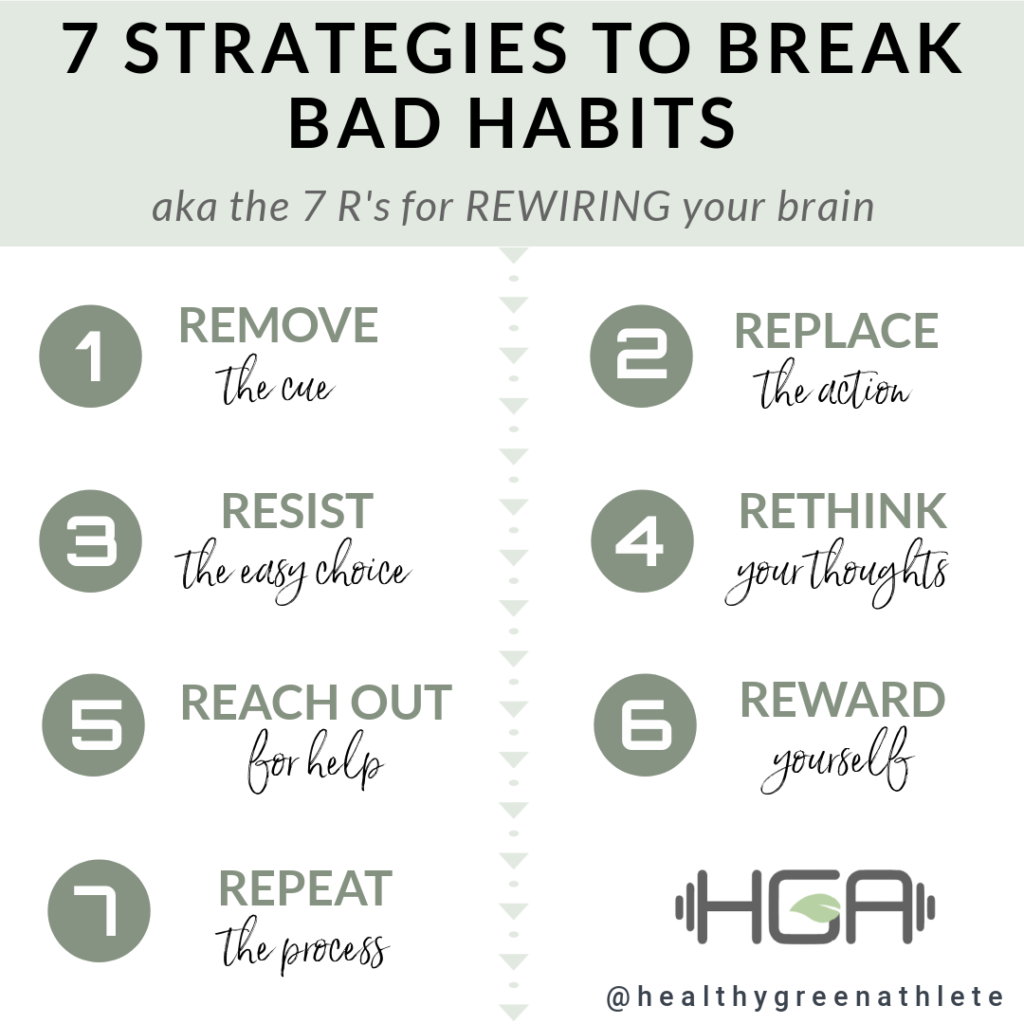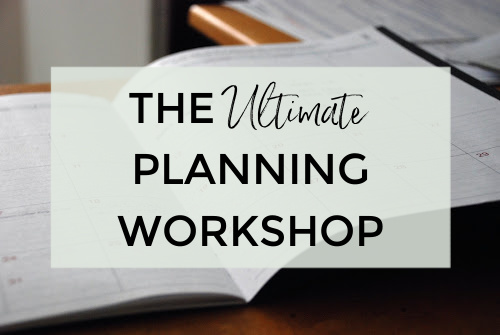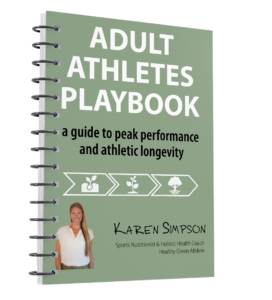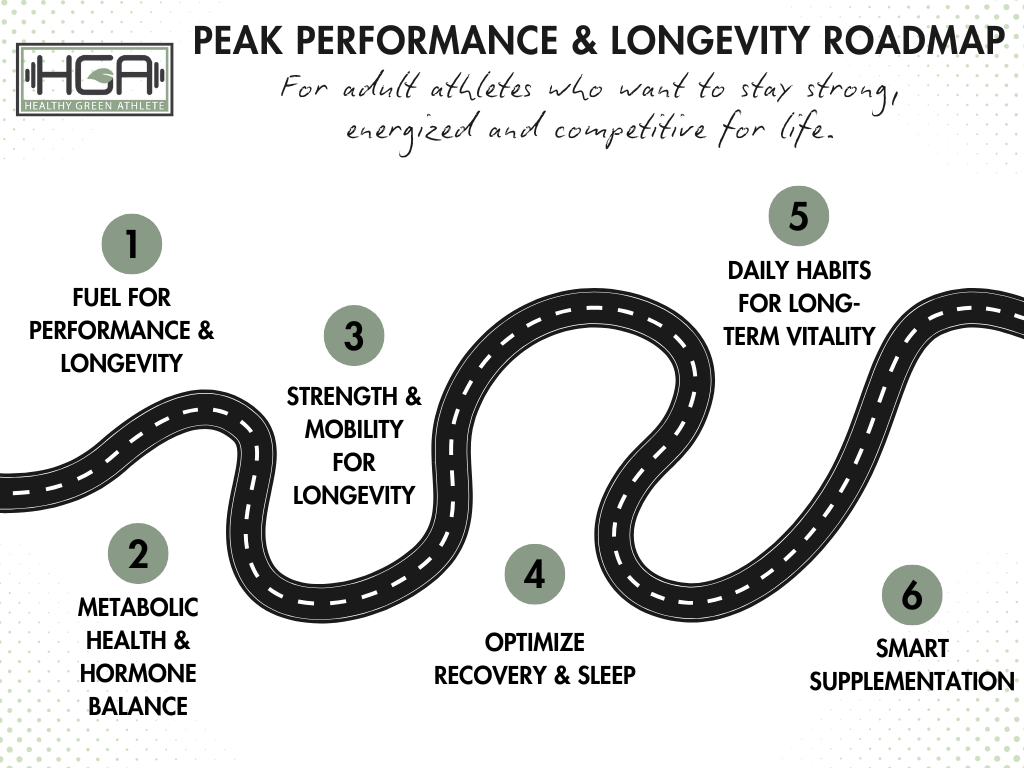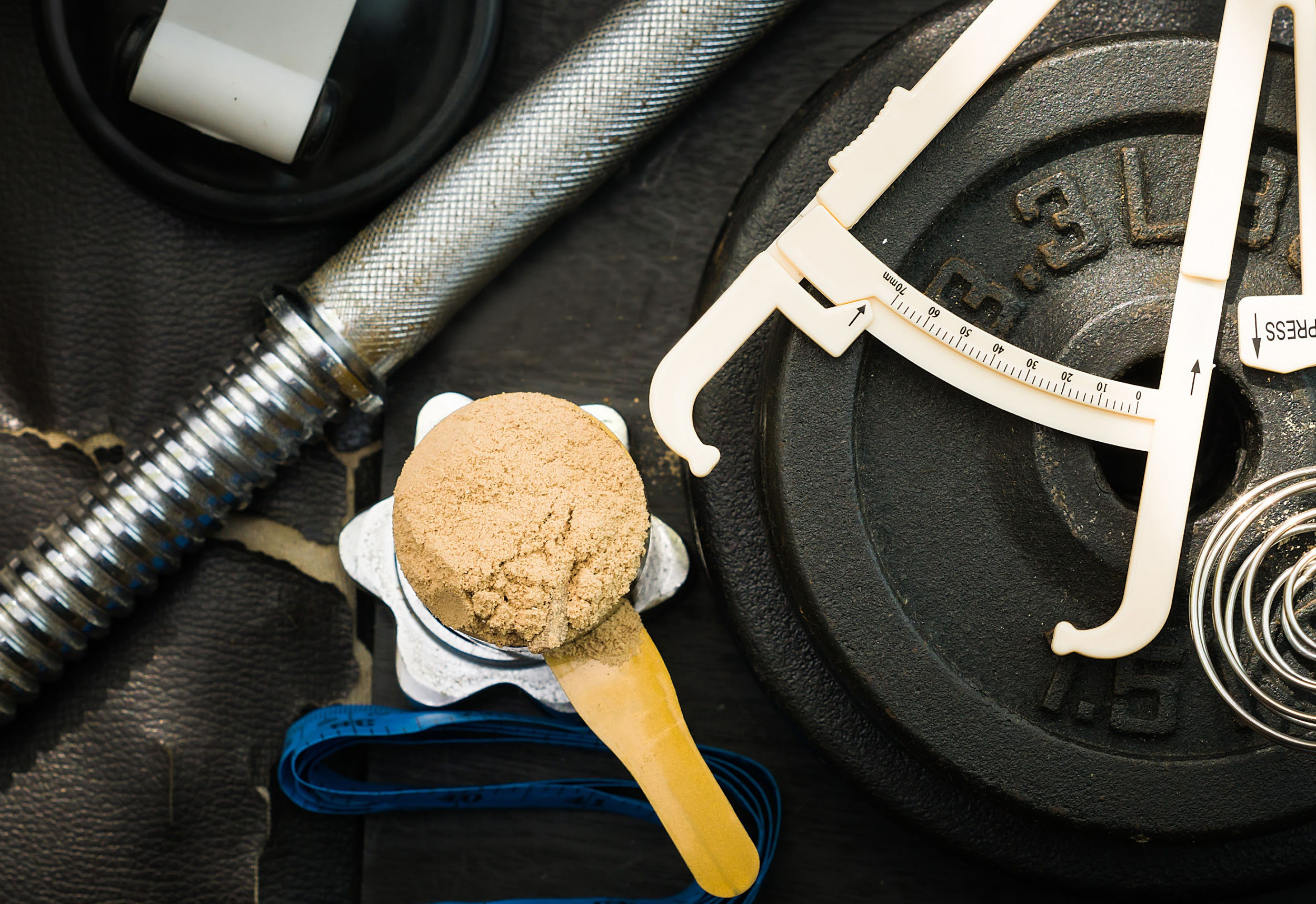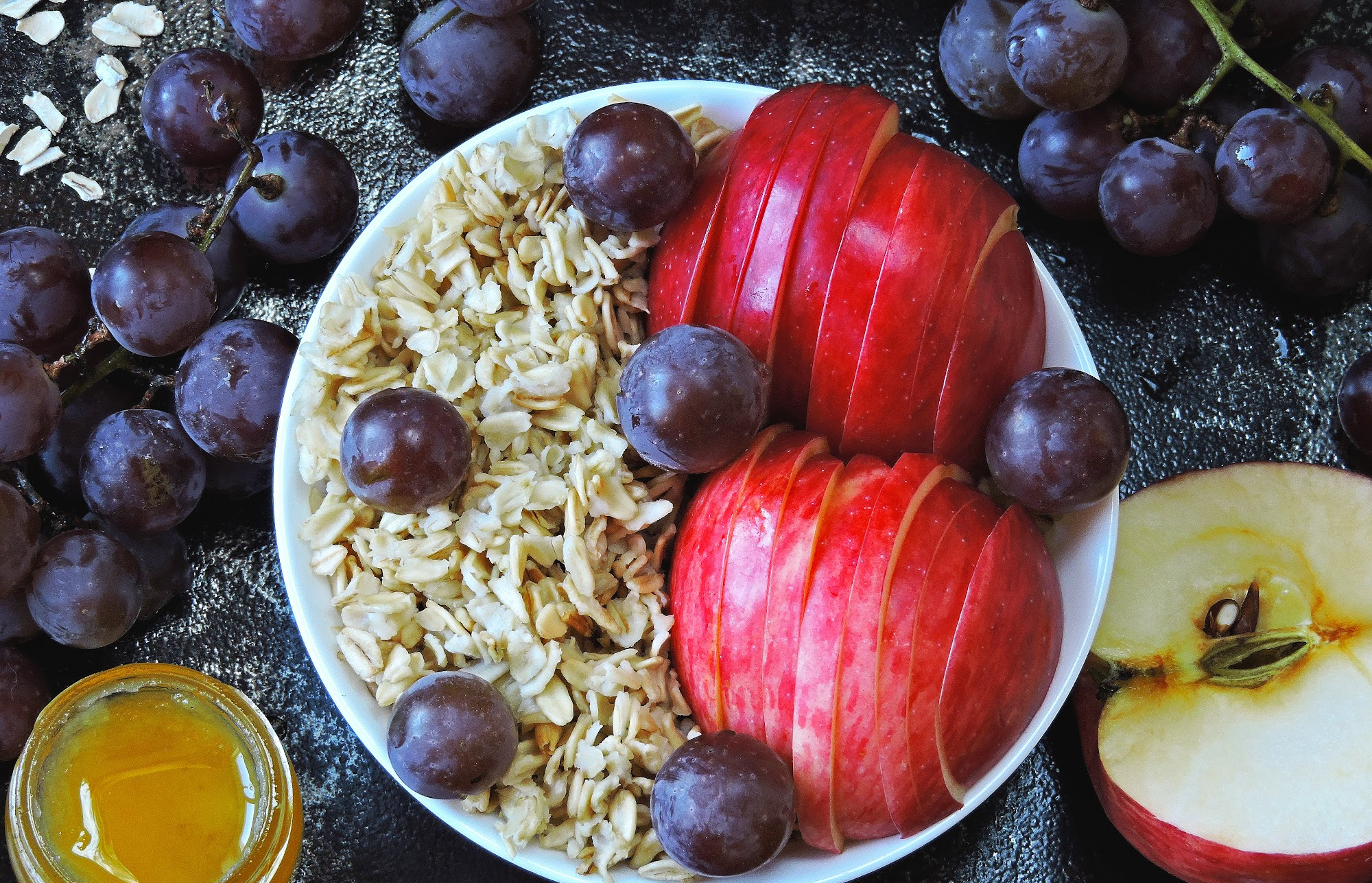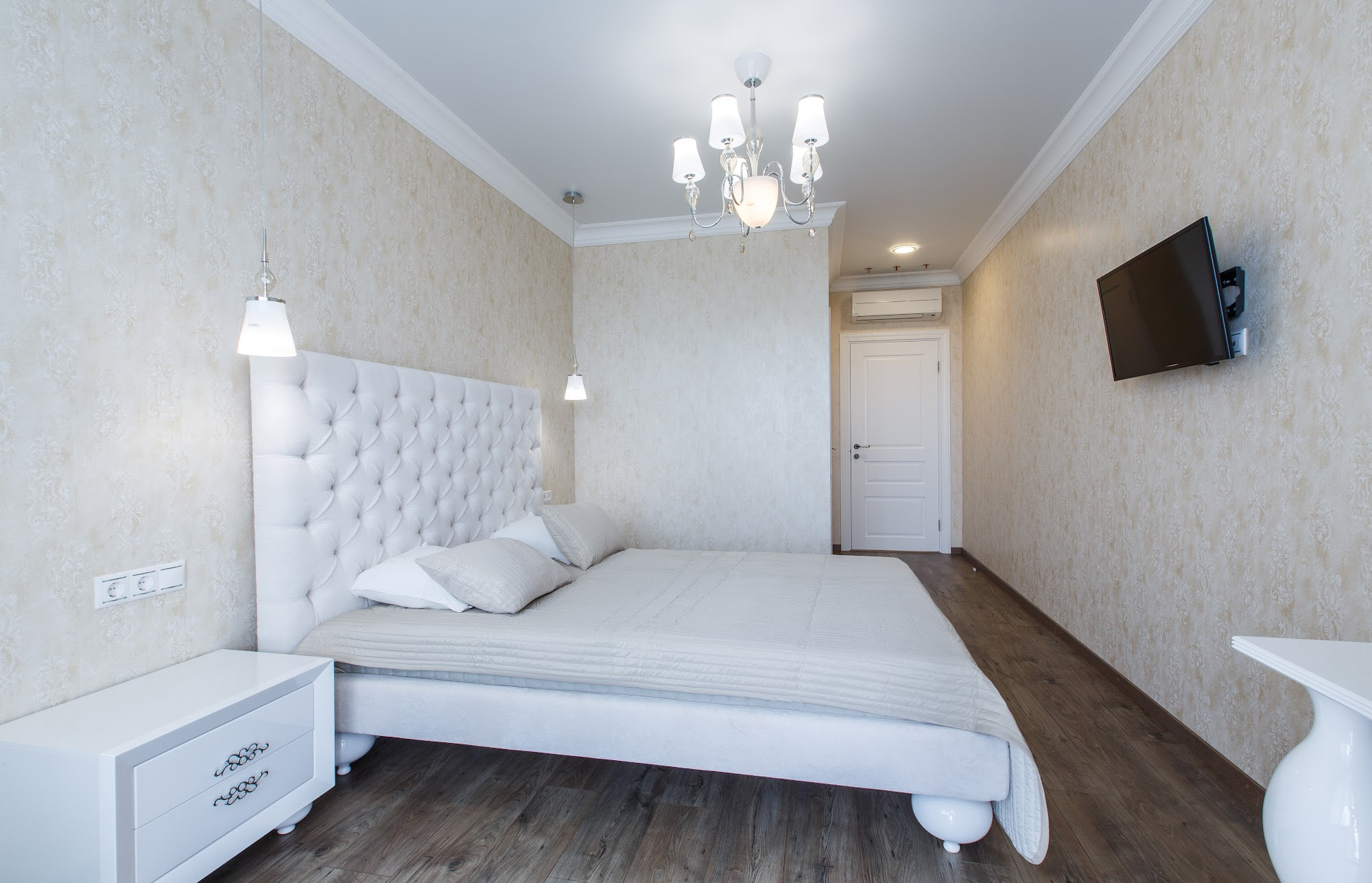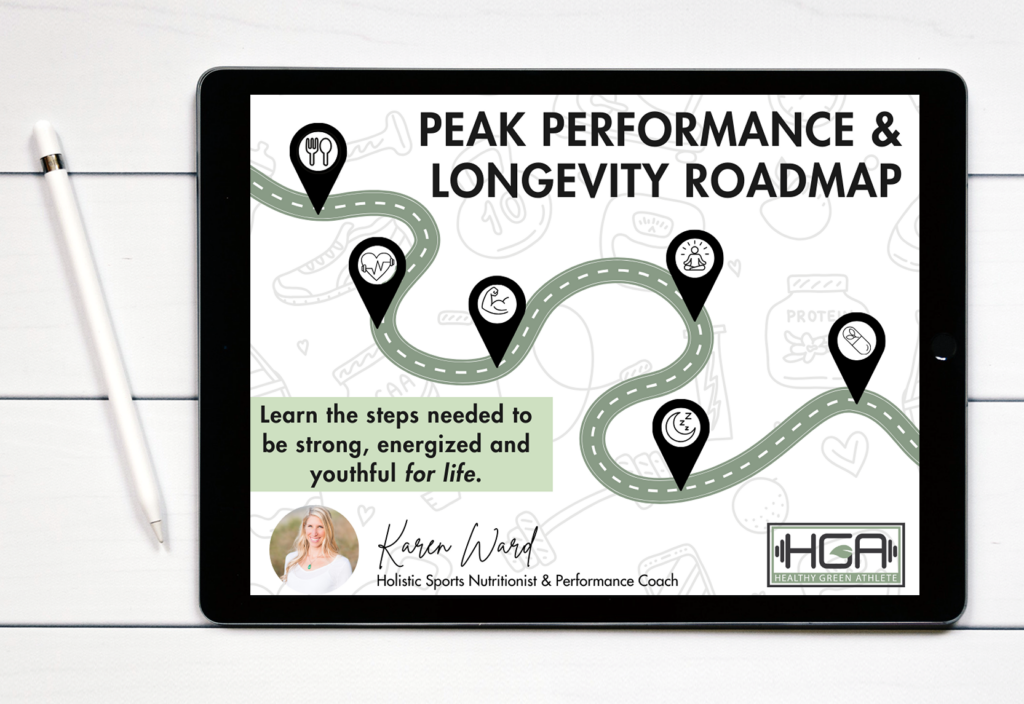Actions, behaviors or thoughts that we do without thinking about it are habits. Oftentimes it’s incredibly easy to fall into bad habits because our brains come to love the reward that is associated with them. You’re probably here because you have a bad habit and are looking ways to break that bad habit. Or maybe you’re here because you’ve set some new goals for yourself this year but in order to achieve them, those bad habits have to go!
Also Read: Two Secrets of Successful Habit Change
I’ve been doing a lot of research lately on habits including the science behind them, how to break old ones, and how to create new ones. The following list of strategies is a combination of what I’ve learned through my research and what I’ve learned through my experience of helping clients break habits to achieve their personal goals.
Remove (the cue).
As I wrote in this post, the habits process starts with a cue before the action. If you take away the cue, you are more likely to take away the action as well. The challenge is that sometimes the cue itself is also a habit or it’s difficult to identify the cue. By the time a habit is formed, your brain has already switched to auto-pilot. If you have a habit that you’re trying to break, think about what happens immediately before the bad habit. Describe the situation, environment or feelings that come up before you follow-through with the action. Writing in a journal, meditating or talking to a friend can help process the habit and find the cue or in some cases, a collection of cues.
Replace (the action).
The second step in the habit cycle is the action itself. Often this strategy is used if you’re working towards a weight loss goal but your current nutrition habits are standing in the way. Many people are so used to eating dessert after dinner because it’s a way of bring the meal to a close. Instead of eating dessert, you can swap the dessert with a cup of hot herbal tea or step away from the table and go for a walk. You’re not likely to get rid of the cue (i.e. dinner) but you can change what happens after that.
Resist (the easy choice).
The human brain is naturally wired to be attracted to convenience and efficiency so tap into whatever willpower you have left to give in to the easy choice. Perhaps you’ve fallen into the habit of pushing the snooze button repeatedly after the alarm goes off. When you set your alarm the night before you tell yourself that THIS is the time that you’re going to stop snoozing. But when the alarm goes off, you fall right back into your 7-time snooze because that’s what your brain is used to. Your brain may even convince you that snoozing is the right thing to do. Do everything in your power to resist against that little voice in your head telling you to do the easy thing.
Also Read: 5 Self Discipline Tips for Adult Athletes
Rethink (your thoughts).
Habits aren’t always in the form of actions. They can also be in the way that we think about things. One bad habit that people often fall into is negative self talk. There are many psychological theories for why people talk bad about themselves but it’s possible to change your thinking, one thought at a time. The next time you sense a negative thought about yourself, imagine yourself throwing that thought out the window and think about something positive instead.
Reach out (for help).
Joining an accountability group or breaking a habit WITH someone is a powerful way to help you follow through with breaking bad habits. It can also be a great way to implement the other 6 strategies on this list. If you’re here because you want to break bad habits and/or create new ones, I have a great solution for you! Every month I host a 30-day Daily Habits Challenge for people who want to do just that. To learn more and save your spot in next month’s challenge click here.
Reward (yourself).
Habits stick because they are associated with some reward. Sugar addictions are so hard to break because the reward associated with consuming sweets is biological. When we consume sugar, our brain releases dopamine (the happy chemical) in our brain. The reward for staying in bed even after multiple alarms is the feeling of being comfortable and warm underneath your covers. The reward for happy hour with your coworkers isn’t necessarily the buzz you get from the cocktails, but rather the feeling of being social. If you’re trying to break a habit, try to figure out how to reward yourself with something else when you don’t do that action.
Repeat (the process).
Habits are not innate. In other words, we aren’t born with the habits that we have. By definition, habits are “actions learned through repetition and practice”. Therefore, it’s possible to change them but it requires consistency and repetition to break old habits and replace them with new ones. Depending on how complex the habit is, it could take up to 254 days to make or break it. No one is perfect at making or breaking habits in the beginning but the more you repeat the desired action, the faster the result. If you miss a day, don’t worry! Get back on that habit train ASAP because the more you miss out on following through with the desired behavior, the lower your chances of actually making a change.
Registration is now open!
This 8-module workshop will take you through my process of creating an action plan that makes sense for your personal vision, mission and goals. I’ll guide you through a series of exercises in order to set goals, plan actions, identify roadblocks and create a system to measure your success.
